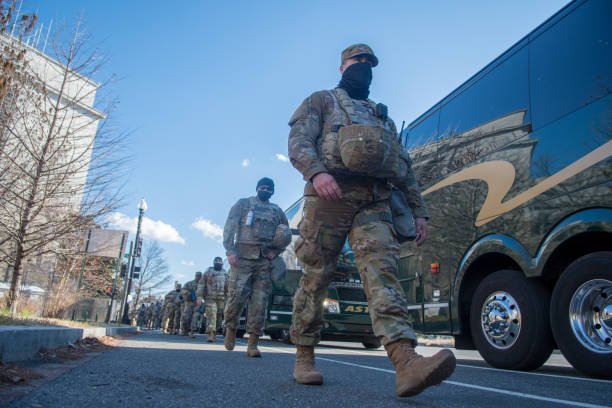
A Bold Move Amid Rising Tensions
Former President Donald Trump has once again made headlines with a controversial decision: deploying the National Guard to several U.S. cities. The move, aimed at restoring order amid rising civil unrest, is sparking both support and criticism across the political spectrum. Trump claims this action is necessary to combat what he describes as “out-of-control crime and chaos” in major urban centers.
The Impact on Public Safety
Increased Military Presence in Urban Areas
The deployment means that U.S. cities will see a significant increase in military presence on the streets. Armored vehicles, uniformed soldiers, and checkpoints could become part of daily life in affected areas. While some residents may feel safer, others are voicing concerns over militarization and the potential for clashes between troops and civilians.
Short-Term Stability, Long-Term Questions
In the short term, the National Guard may help reduce violent incidents or deter protests. However, experts warn that such forceful tactics may only provide temporary relief. Long-term peace and safety require addressing root causes such as poverty, inequality, and police-community relations. Without these efforts, tensions could flare again once the troops withdraw.
Political and Social Ramifications
This deployment could shape the upcoming election landscape. Supporters praise Trump for taking decisive action, while critics accuse him of using the military for political gain and further dividing the country. The sight of soldiers patrolling American streets could become a powerful symbol — both of order and of authoritarianism, depending on one’s point of view.